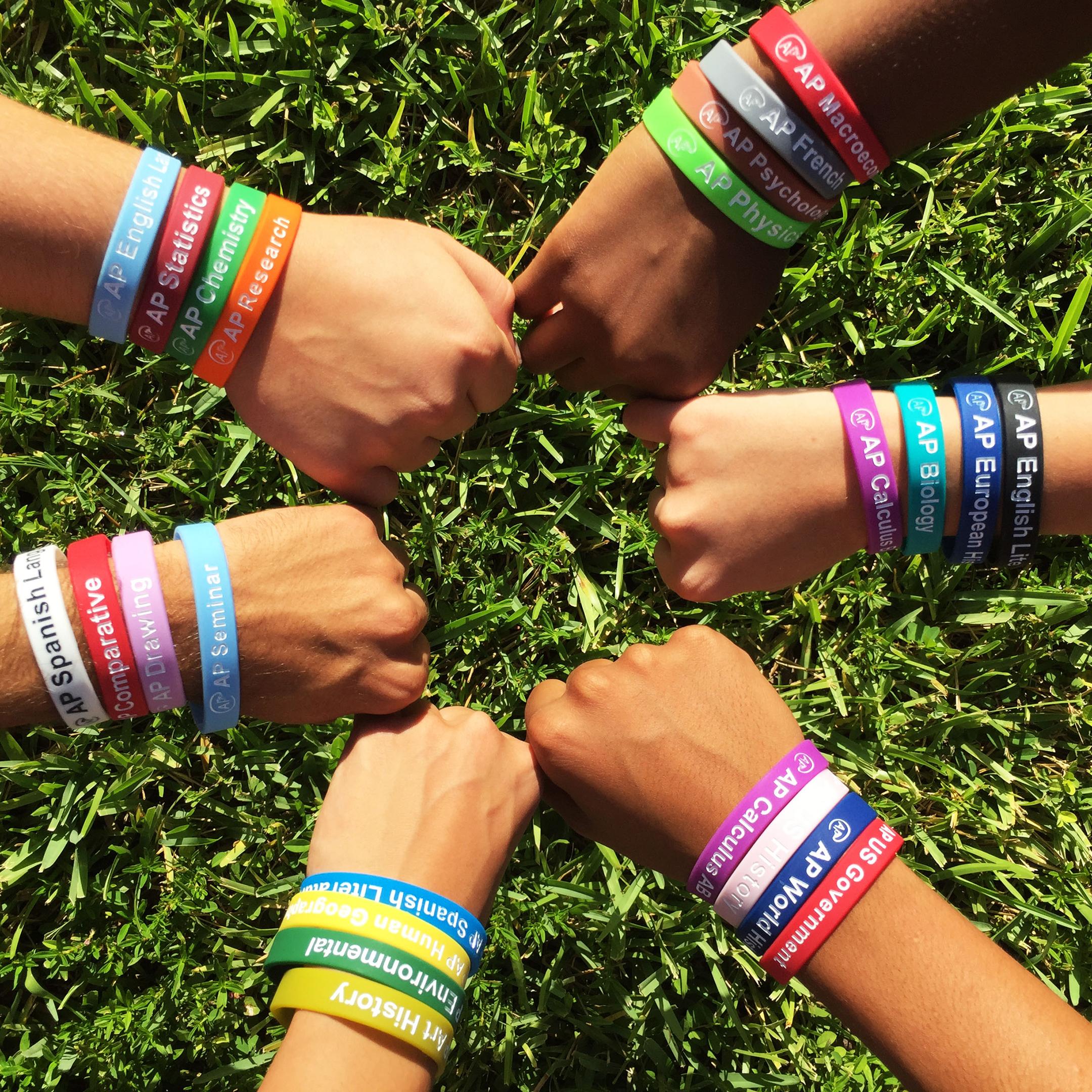
News
Prioritizing Student Well-Being in an Age of Uncertainty
Mental health and campus experts share their worries for the coming fall semester—and ideas for how to help students cope
Fall semesters are never easy. But the uncertainty, disruption, and pain caused by the covid-19 pandemic will make this year especially rough. Campuses are bracing for a wave of anxiety and depression that threatens to overwhelm counseling centers, and they're encouraging students to lean on each other and campus mentors for support.
That was the message from mental health and campus experts who took part in The Strategic Goal of Student Well-Being, an online discussion hosted by The Chronicle of Higher Education on June 16.
“I think what’s coming in the fall is really a little alarming,” said Lee Burdette Williams, senior director for mental health initiatives for NASPA, a nationwide group for student affairs professionals. She warned campuses will see “huge growth in the number of students in need.”
Even before the coronavirus sent the world into lockdown and cratered the economy, many college students were struggling. Anxiety, depression, and prescriptions for psychiatric medications have risen sharply among college students for the past decade, according to research cited by the Chronicle. Thirty-one percent of students screen positive for anxiety, and 1 in 4 have taken psychiatric medication in the last year.
During the online discussion, Alexander Kafka, senior editor at the Chronicle, said those trends are likely to accelerate in the months ahead. “Health officials fear the pandemic could make a worrisome situation worse,” he said. “And there are indicators it already has.”
College revolves around routine, social networks, and long-range goals. All of that was upended and frayed by the pandemic, with staggering consequences for students. Surveys conducted in April showed stress and anxiety were almost universal among students who saw their spring semester disrupted, while 4 in 5 students have experienced loneliness and isolation. And when no one can say with any confidence what the fall semester will look like and how soon college life might return to some version of normal, planning for the future can feel impossible.
“There’s so much uncertainty that students are faced with, that society is faced with,” said Sarah Ketchen Lipson, an assistant professor at Boston University’s School of Public Health. “Their own individual lives and their families, campus life and what that’s going to look like, and then a broader societal uncertainty. I think we need to be really concerned about anxiety.”

Getty Images
Colleges and universities must prepare themselves for increased student need for mental health services with campuses reopen for the fall. Experts warned that there’s not nearly enough capacity to deal with the scale of the current crisis.
Counseling and traditional mental health services can help students cope, but experts warned that there’s not nearly enough capacity to deal with the scale of the current crisis. Students will need to lean on peers and mentors for support, which means finding new ways to connect in the age of social distancing and remote learning.
Williams said that faculty and staff need to play a greater role in creating a sense of belonging for students. Counselors and mental health specialists are important for addressing acute issues, but most of students’ day-to-day contact is with professors and other support staff. “If we can get more faculty and staff on campus feeling comfortable addressing some of the less emergent and critical needs of students, that frees up time to work with students who have greater need,” she said.
That means reaching out, acknowledging the stress that students are under, and being willing to adjust expectations as circumstances change.
Ai Bui, an architecture student at the Massachusetts Institute of Technology, participates in a program in which cast members share their mental-health journeys in a series of performances. Bui said in the online discussion that it has been especially helpful to have professors check in regularly and be flexible as students deal with disruption. But Bui, concerned that reduced hours for counseling centers during campus shutdowns have left many students struggling, gave us these words of warning: “I think that problem is just going to explode in the fall.”
Williams agreed, predicting a surge in demand for counselors and off-campus health providers as students try to cope with the usual academic pressure on top of unprecedented economic and health stress. “It’s not just a job for counseling centers of student affairs staff,” Williams said. “It will take a commitment by everyone on campus to help each other through a tough semester.”
“We’re not going to be able to grow our way out of this [with counseling staff],” she added. “So we have to change the way we do business.”


